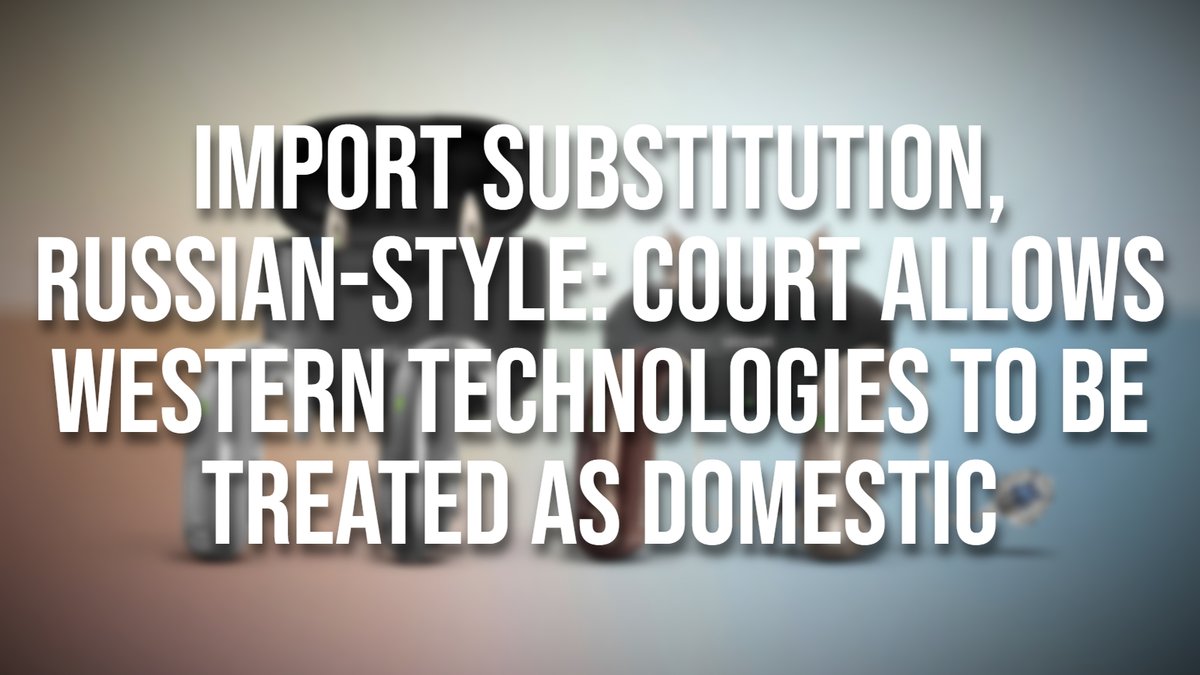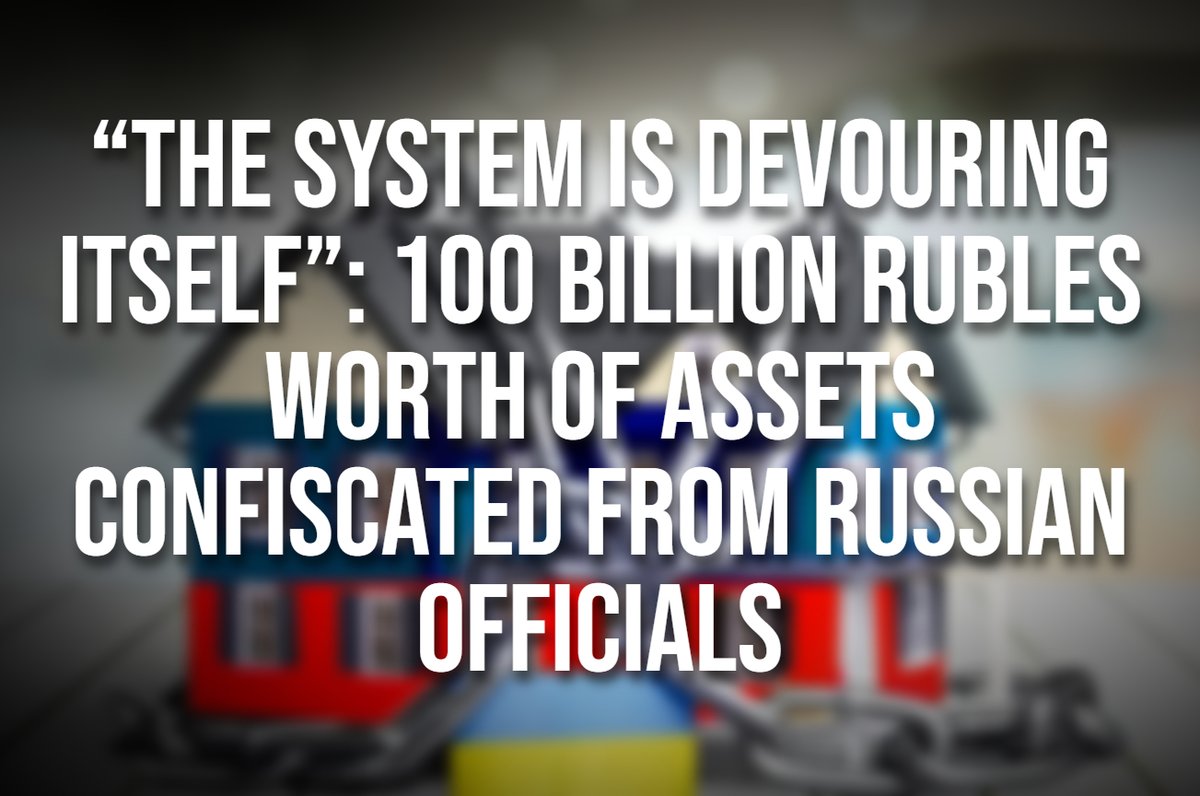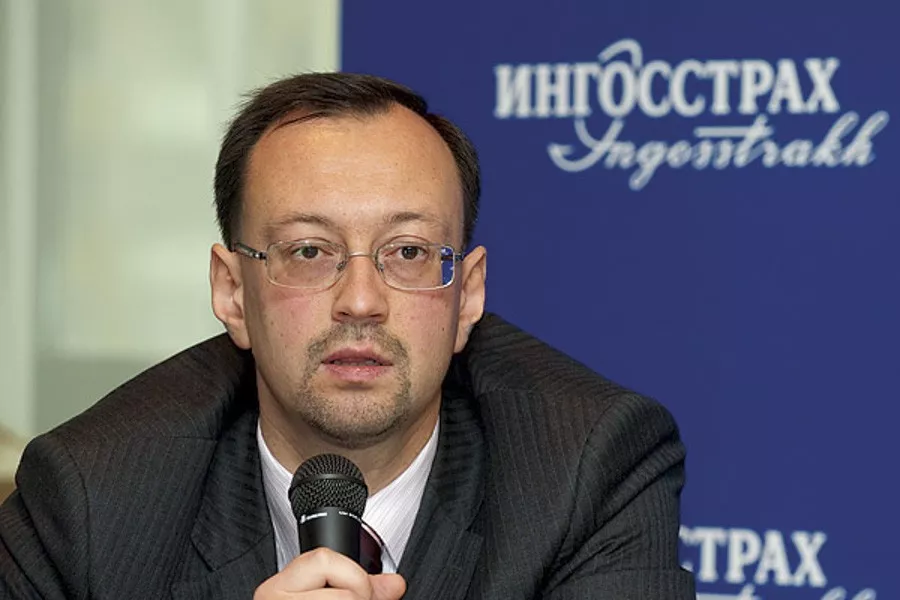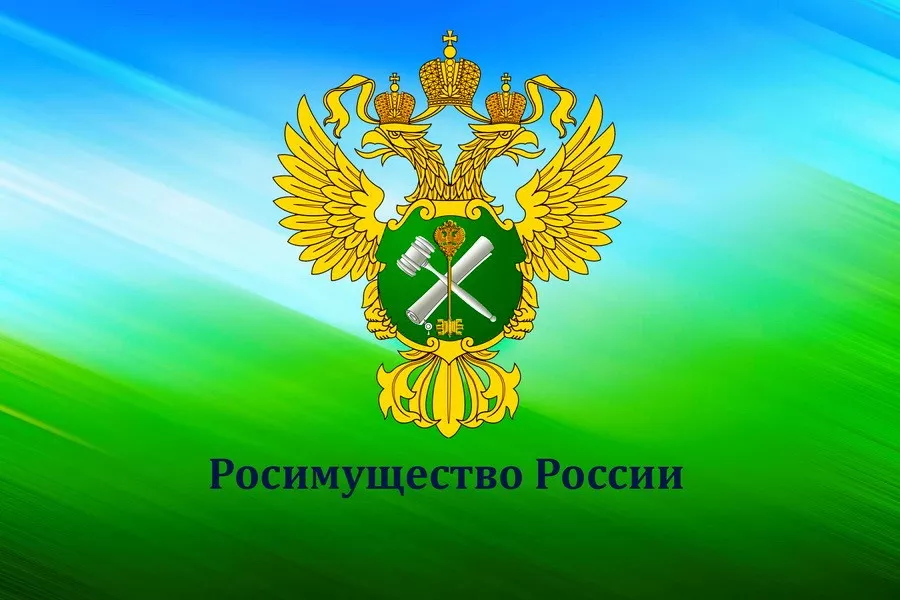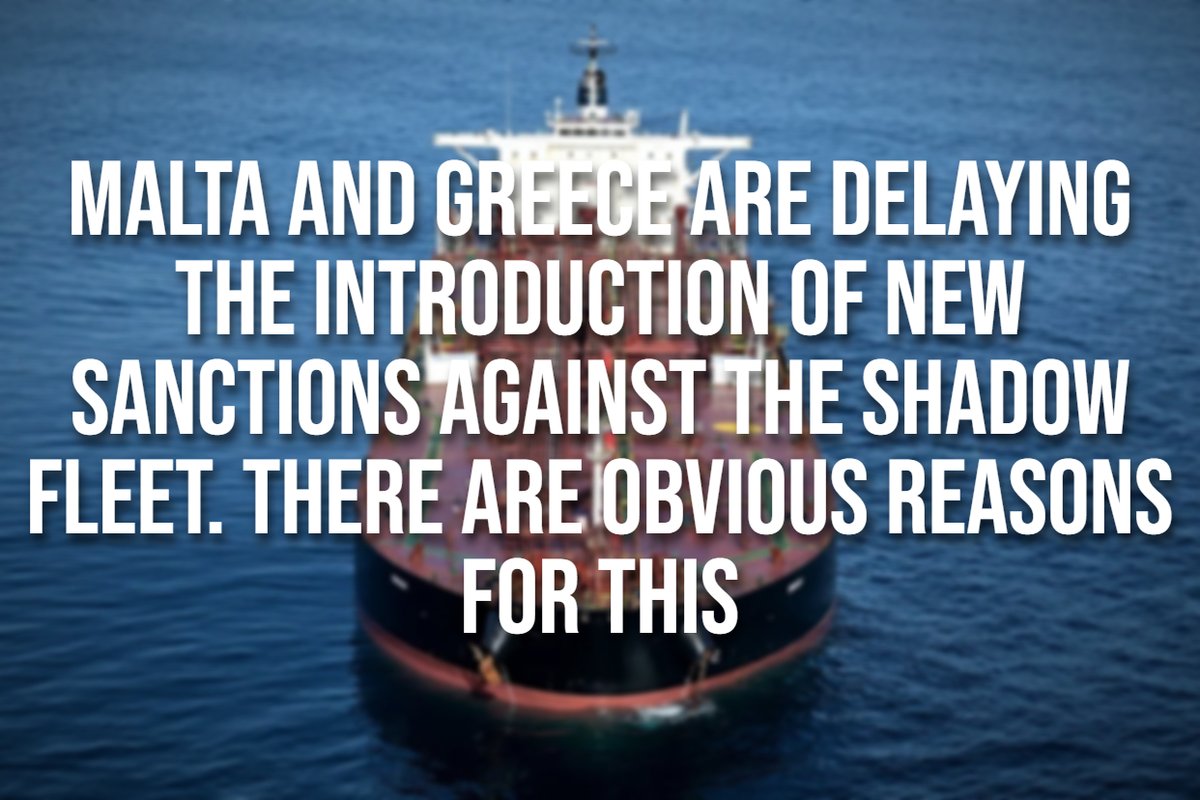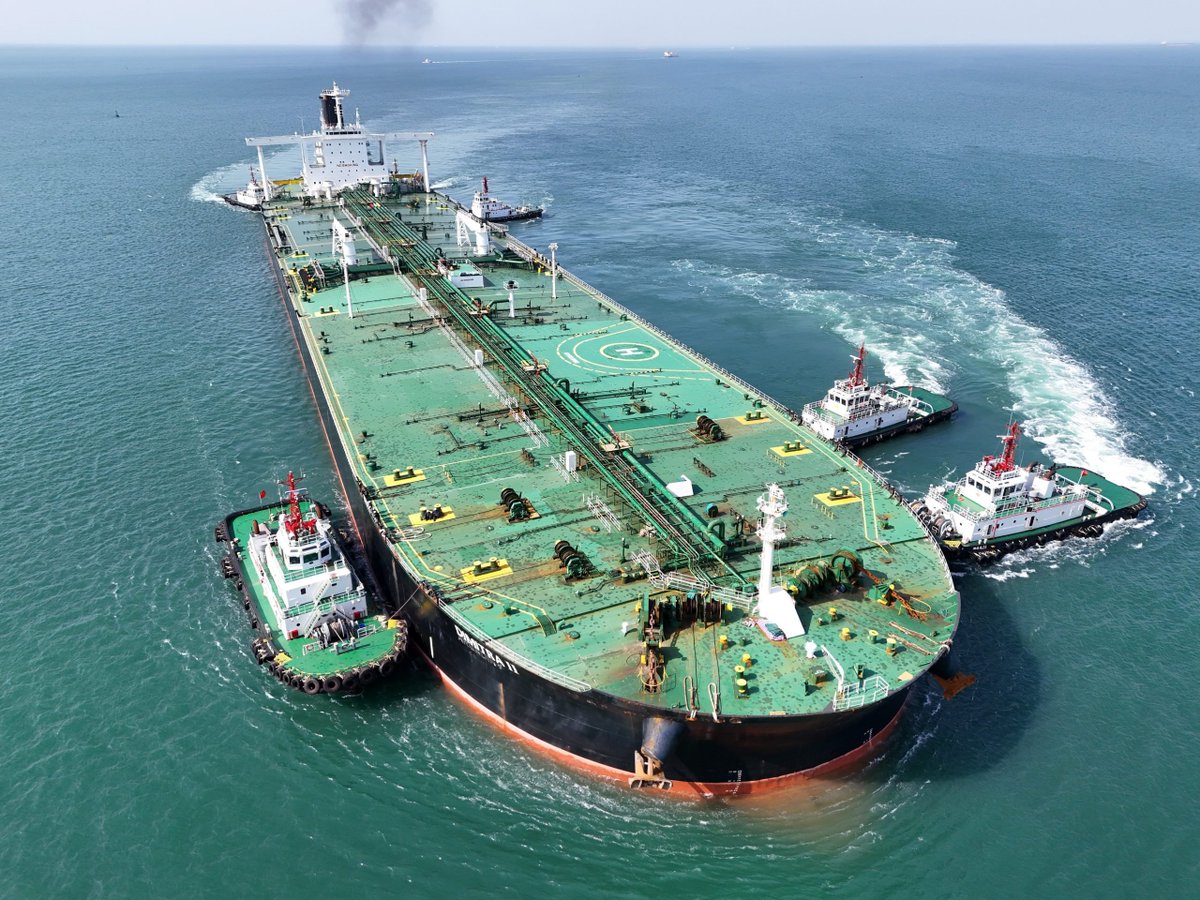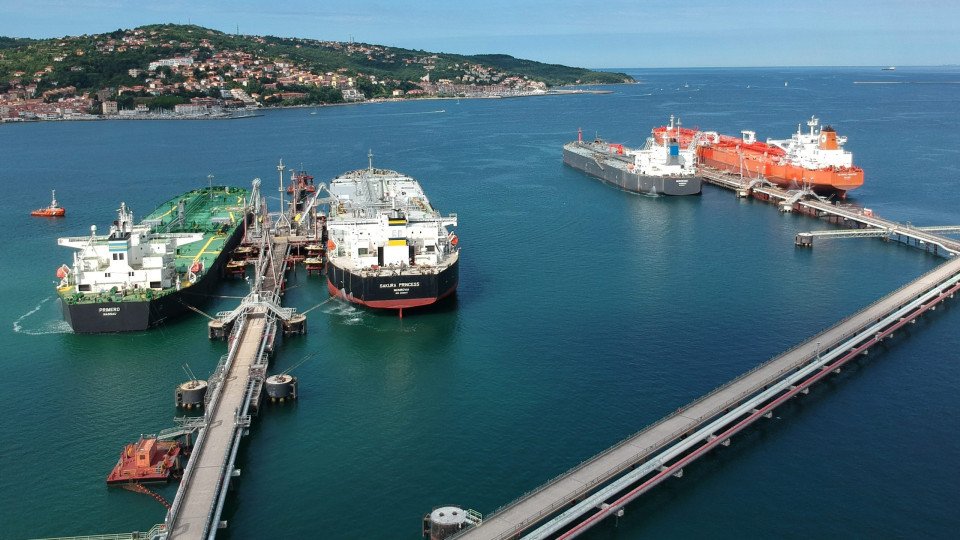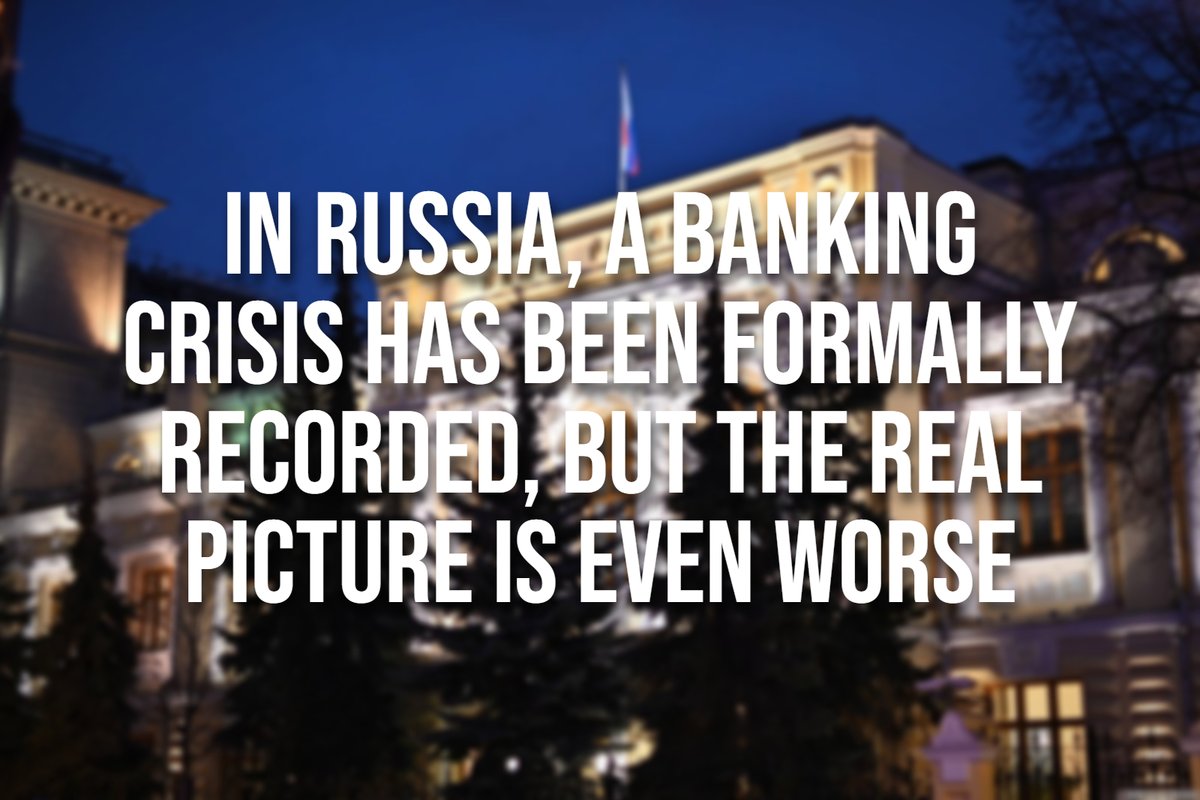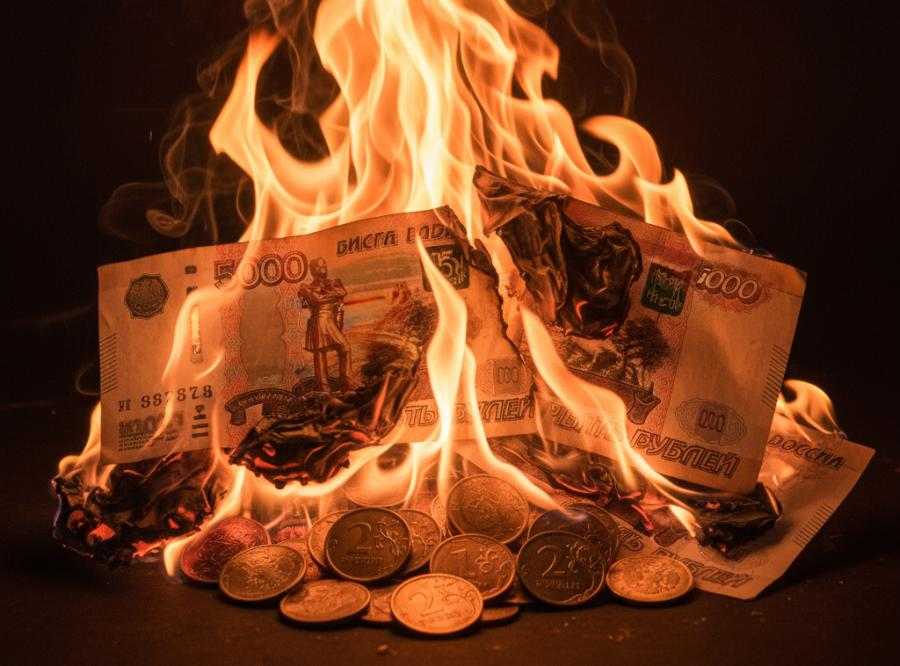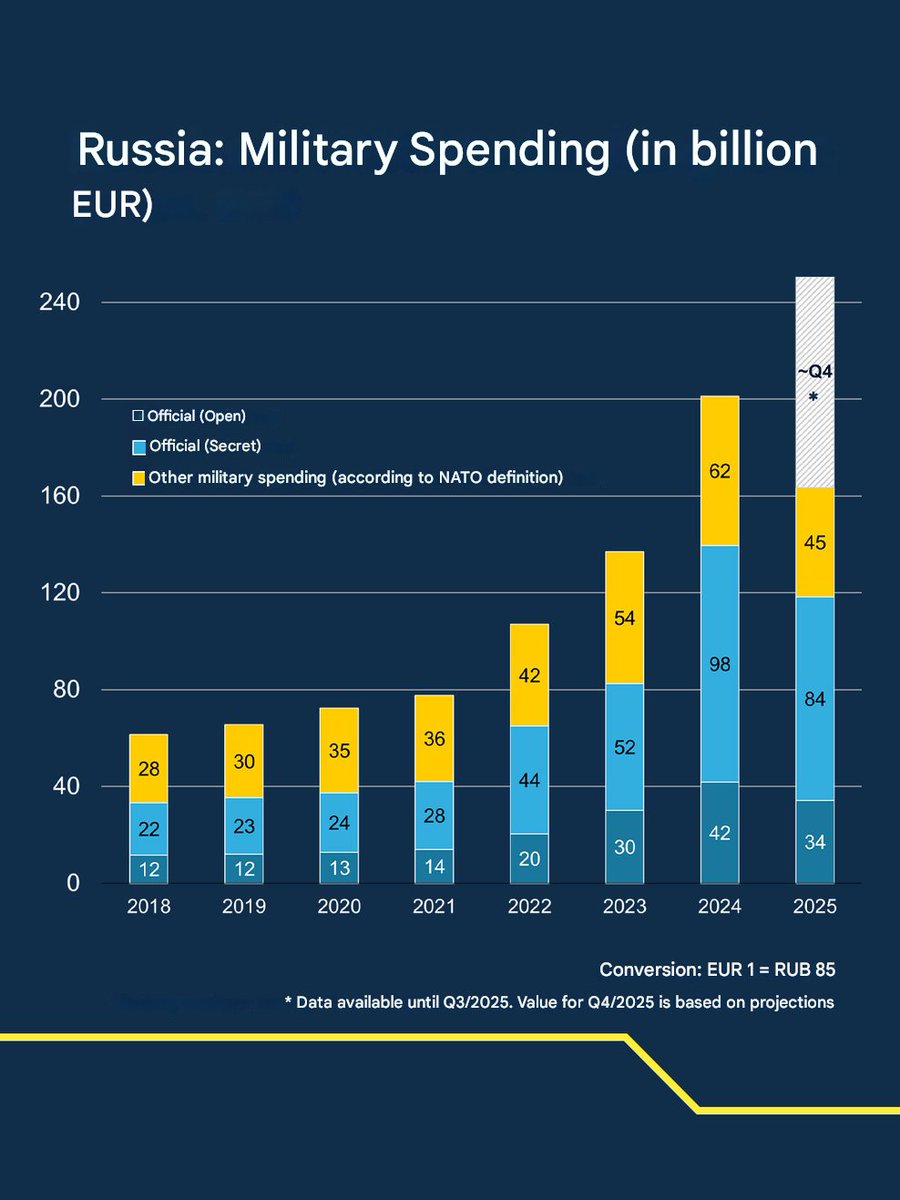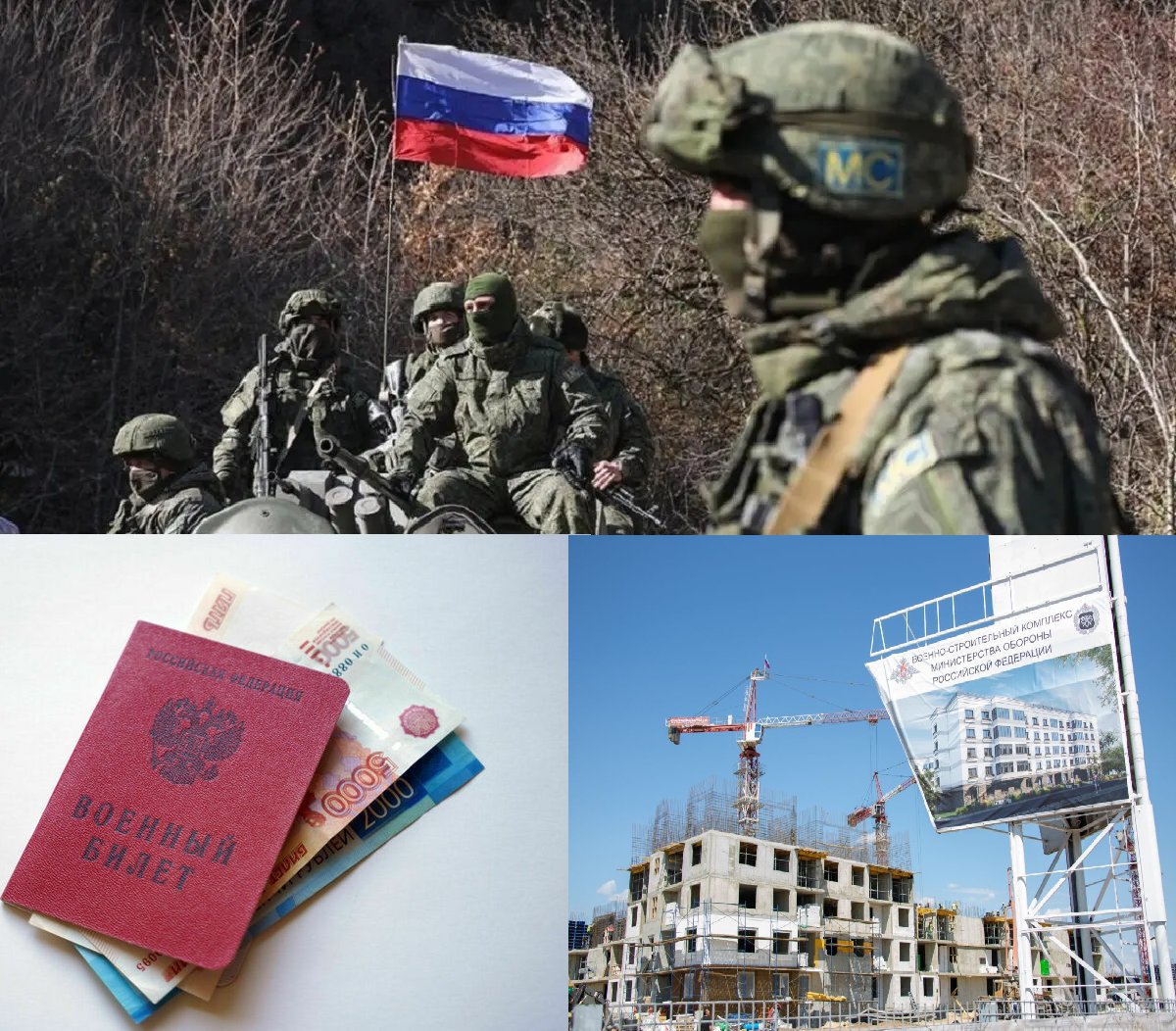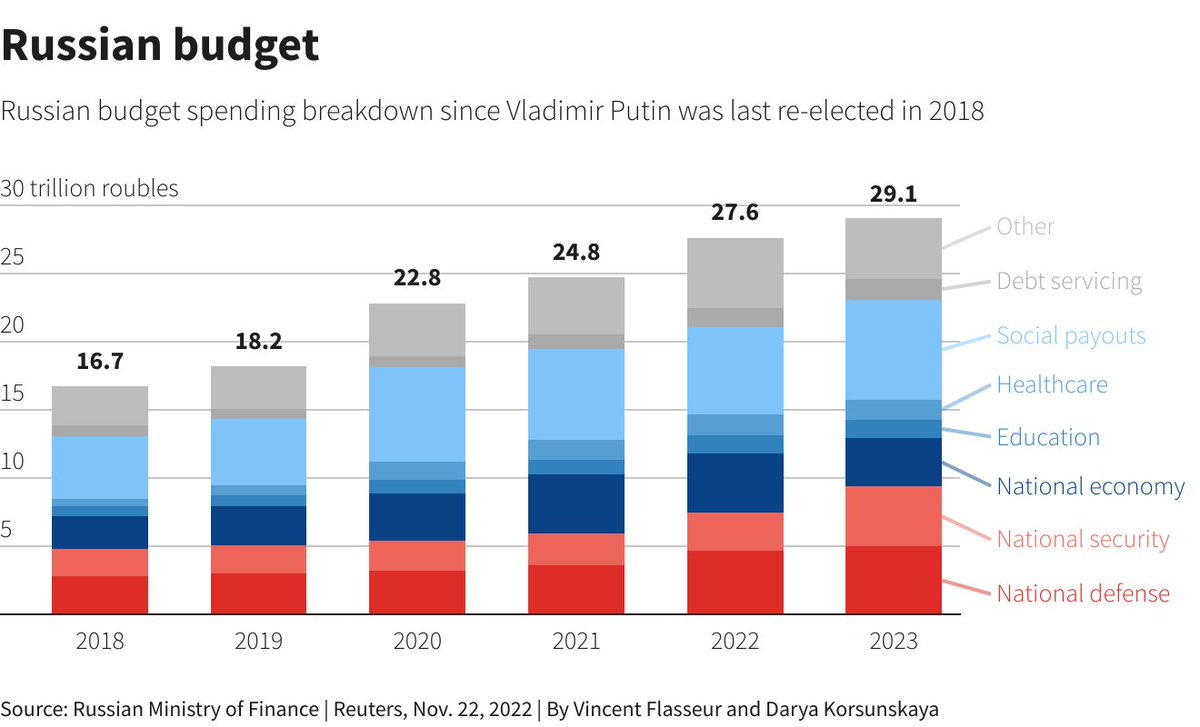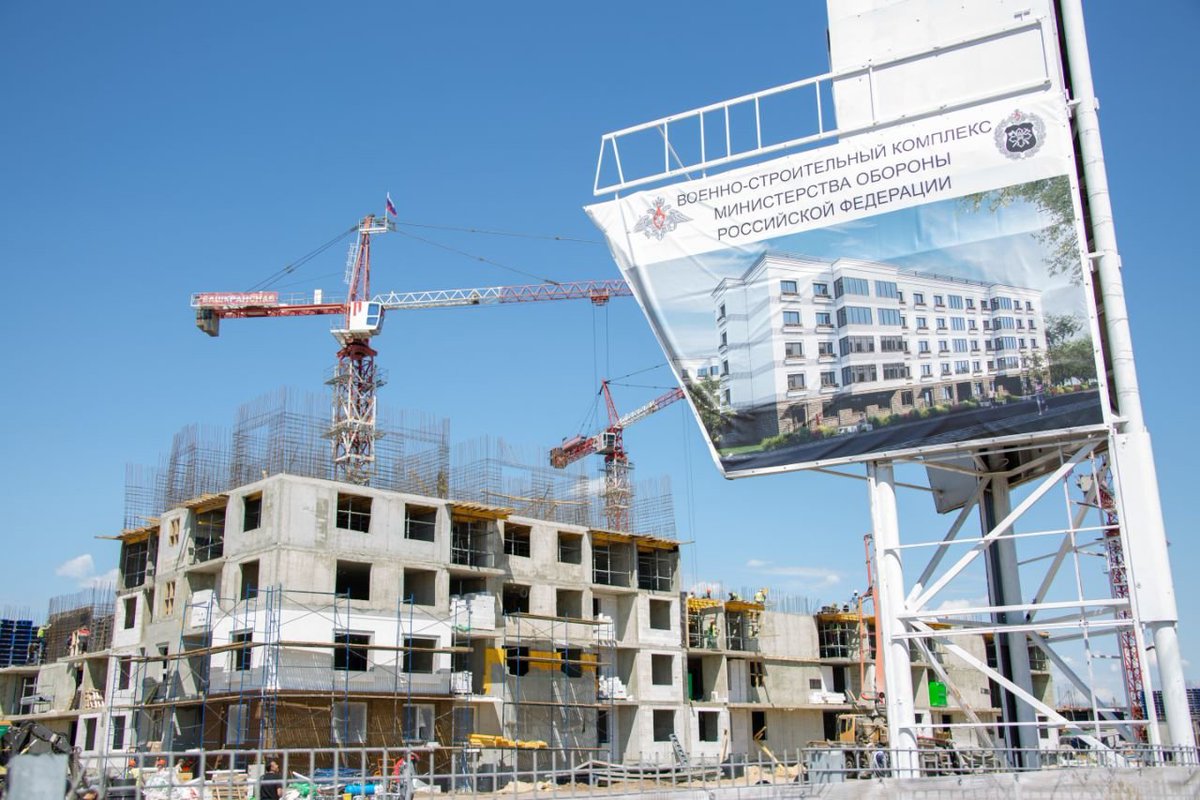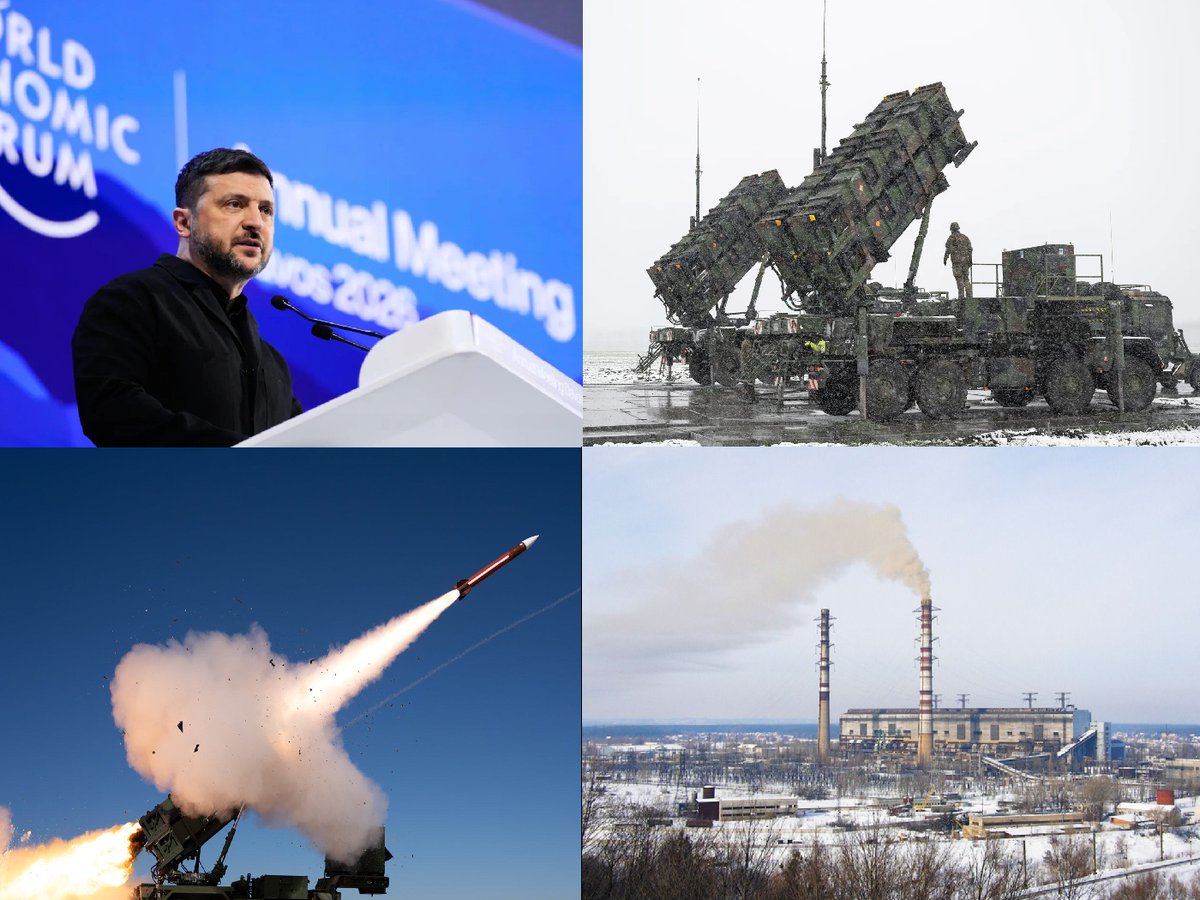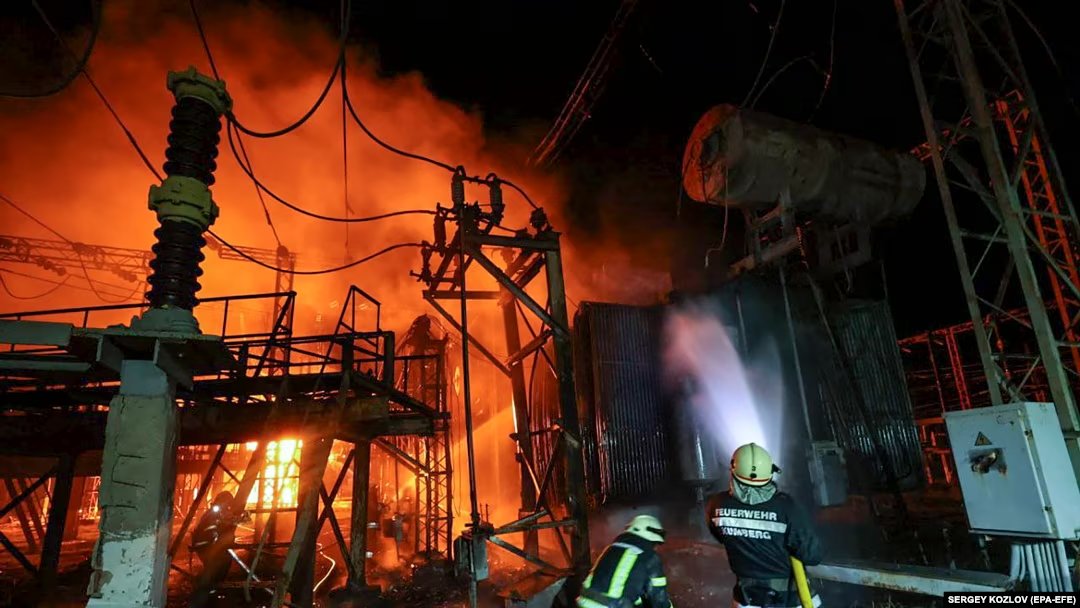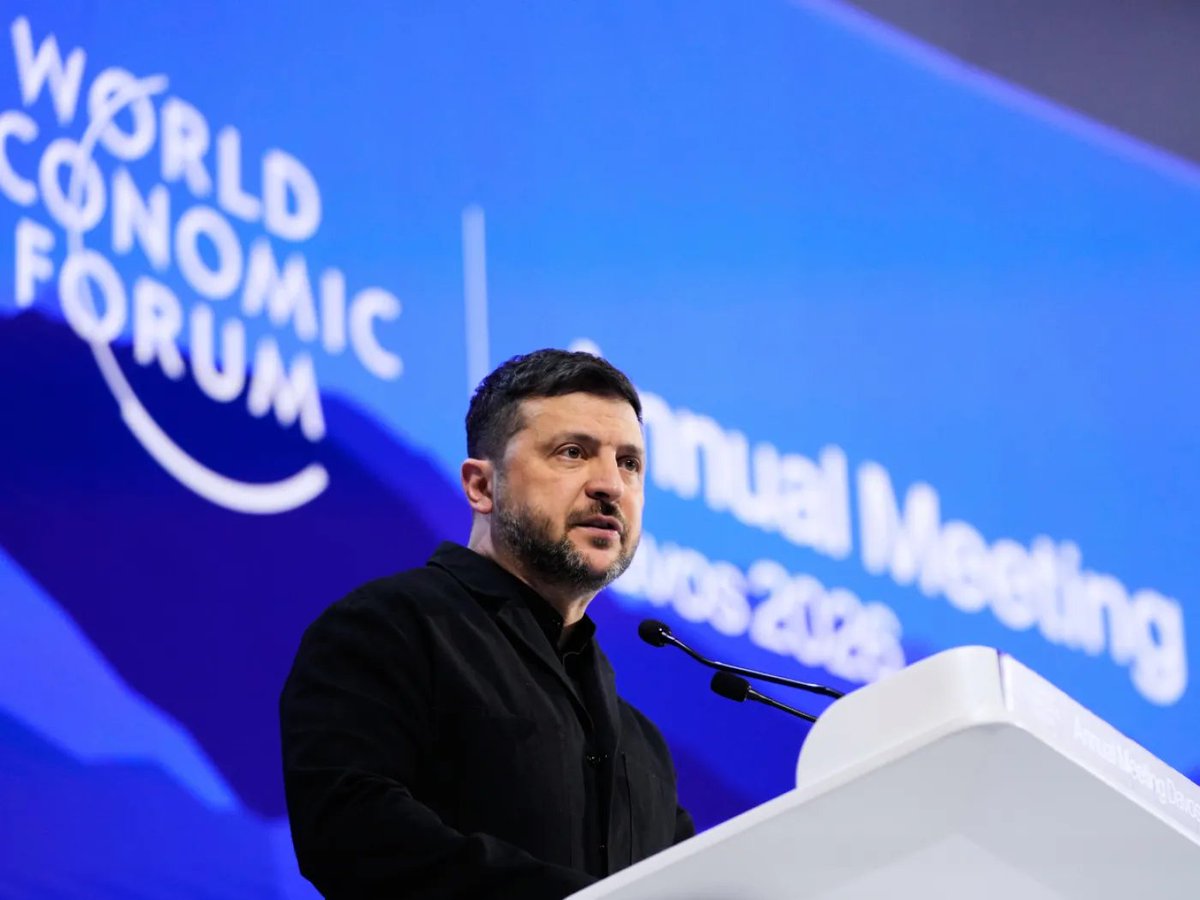1/9 It's important for Americans to realize that European support for Ukraine is often conducted in a secretive manner. Analysis by @joni_askola 

2/9 Many refer to stats from the Kiel Institute to determine which country has provided the most assistance to Ukraine. However, this approach has limitations, as Kiel's methodology relies on announcements, and numerous European countries do not publicly disclose all their aid. 

3/9 For months, there was widespread belief that France had provided less than 1 billion euros in military aid. However, the French Senate eventually acknowledged that they had actually already allocated nearly 4 billion euros in aid. 

4/9 For instance, Finland does not publicly disclose its contributions and only includes the value of equipment that needs replacement. This makes it difficult to ascertain the actual extent of Finland's assistance. 
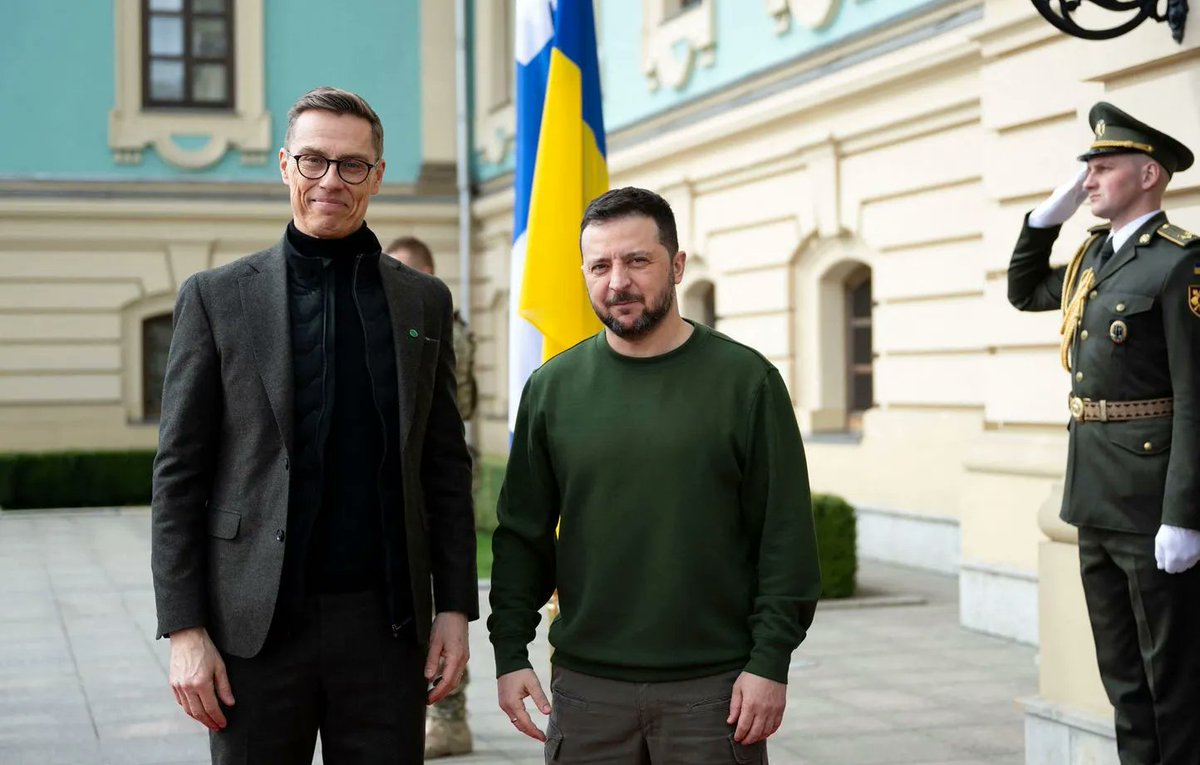
5/9 Numerous other examples exist, including Bulgaria, which is recognized for providing and selling a significantly greater amount of equipment to Ukraine than what is officially reported. 

6/9 It's also important to note that even based on official statistics, many European countries contribute a larger share of their GDP and defense budget to Ukraine than the US. 

7/9 Comparing donations becomes challenging due to the varying methodologies and levels of transparency employed by each country. As highlighted by @ColbyBadhwar, Germany is likely the sole European country to approach a level of transparency comparable to that of the US. 

8/9 In recent months, Europe has significantly increased its support. One positive outcome of Johnson's prolonged blocking and delay of Ukraine aid is that it compelled Europe to respond and ultimately enhance its assistance. 

9/9 This doesn't imply that Europe has sufficiently increased its efforts. There is still much more that can be accomplished. However, it's important to recognize that Europe is actively engaged in a significantly greater level of support than many American analysts may realize. 

• • •
Missing some Tweet in this thread? You can try to
force a refresh


